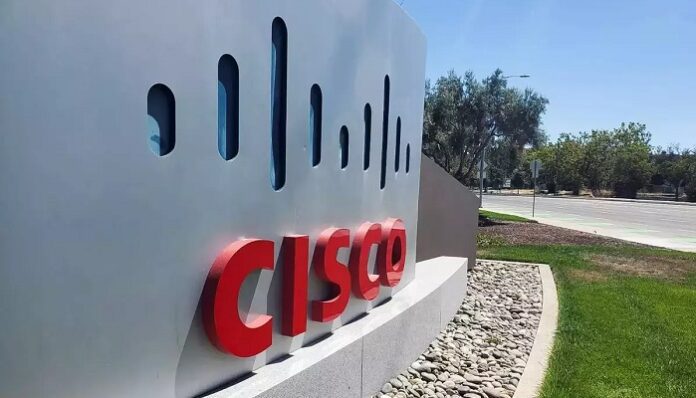Cisco announced plans to launch a center for the design of next generation semiconductor devices in Spain. The announcement was made by Chuck Robbins, Chair and Chief Executive Officer of Cisco, in a meeting with H.E. Pedro Sánchez, Prime Minister of Spain.
There is no digital without chips. Last year, the European Union presented an ambitious plan to bolster Europe’s competitiveness and resilience in semiconductor technologies and applications to help achieve the dual transitions of digital and green. Part of that mission, the EU Chips Act lays the foundation for a new innovation ecosystem in the EU, connecting world-class research, design and testing capacities, creating knowledge jobs and fostering economic growth.
As part of its global strategy to enable a reliable, scalable and sustainable global semiconductor supply chain, Cisco plans to set up an engineering design center to design and prototype next generation semiconductor devices, under the framework of the Spanish strategic project for the Recovery and Economic Transformation of Microelectronics and Semiconductors (PERTE Microchip). The center aims to contribute Cisco’s knowledge and experience to help grow the European chips ecosystem. Co-located with the Cisco Innovation Center in Barcelona, the center is the first of its kind for Cisco in the European Union.
“Spain is on the way to become a key player in achieving the EU objective of reaching 20% of the world chip market by 2030. We have approved the program PERTE Microchip and have the roadmap, reforms and incentives in place to attract talent and strengthen the current Spanish ecosystem,” commented Pedro Sánchez. “The dedication of companies like Cisco will help strengthen our innovation ecosystem and be at the forefront of technological, industrial and social progress.”
“Technology has the ability to help countries further their social and economic development and move even closer to an inclusive future for all. Today’s announcement reinforces Cisco’s commitment to support the digital ecosystem in Spain and across Europe,” Chuck Robbins said. “Semiconductors are essential to so much innovation, and our advances in this field help overcome the performance, economic, and power consumption limitations of current infrastructure. Cisco is thrilled to take an active role in addressing semiconductor supplies with the development of this design center, and we are also excited to be able to leverage talent across the globe and truly help build the internet of the future.”
“The semiconductor supply chain is a complex one, including design, prototyping, testing and manufacturing and is dependent on highly skilled labor. It requires a broad ecosystem of industry, research and academia to work together,” says Chris Bernard, vice president, European Telecoms and Infrastructure, at IDC. “How quickly the EU can build this ecosystem will also depend on its openness to work together with leading technology companies from around the globe. As a tech leader and innovator, and the company that has played a key part in building Europe’s digital infrastructure for more than 30 years, Cisco is well positioned to be part of this journey.”
Commitment to Spain’s digital transformation
Cisco has a long-standing commitment to help accelerate Spain’s digitization fostering entrepreneurship and innovation, developing digital infrastructures and digital skills, and strengthening cybersecurity. Cisco’s Country Digital Acceleration program, called Digitaliza, was launched in Spain in 2019. Since then, the program has expanded and is now encompassing many industries and social areas, including critical infrastructures, public services, manufacturing, energy, fintech, smart tourism and others.
As part of Digitaliza, Cisco plans to educate and reskill 40,000 students, workers and unemployed people in digital technologies in the next 12 months through the non-profit Cisco Networking Academy. This will elevate the total number of Spanish people who have participated in Networking Academy courses to over 300,000 by the end of 2023.
Cisco is also investing in the development of key technologies like 5G/WiFi 6, IoT, artificial intelligence, cloud, and next-generation networks, contributing to progress in the Spanish national digital agenda and enabling a transformation that is both green and digital.






















